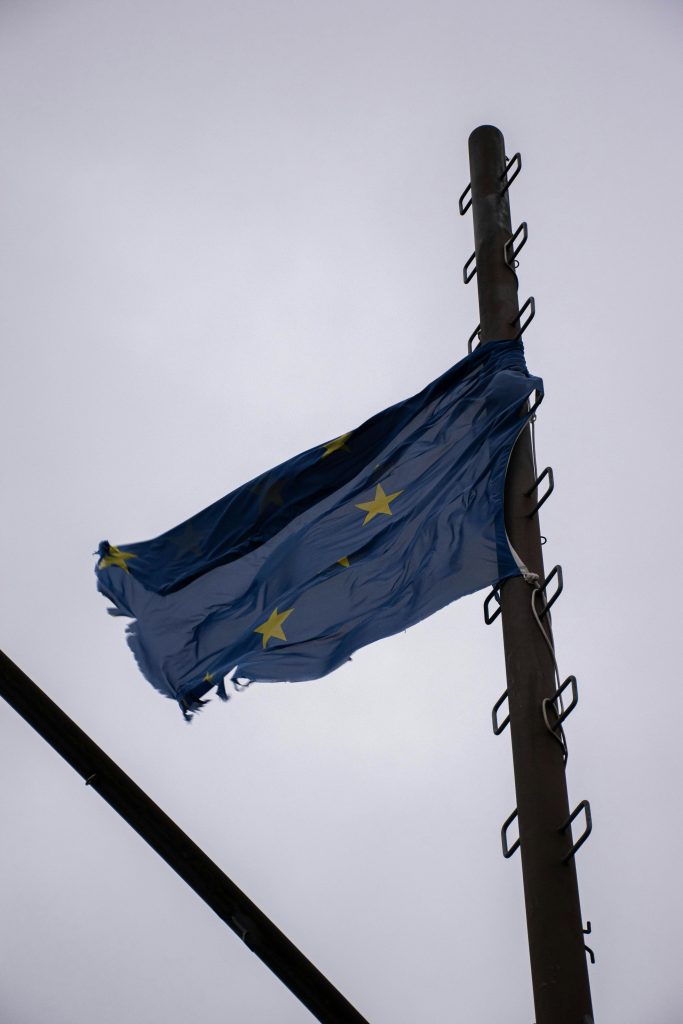Policy Paper
27/11/14Euroscepticism or Europhobia: voice vs. exit?

Six months after the European Parliament elections and at the time of the vote on the motion of censure against the Juncker Commission introduced by MEPs mainly belonging to the National Front and UKIP parties, Yves Bertoncini and Nicole Koenig assess the composition of Eurosceptics and their potential for political influence at the European and national levels.
The Policy Paper argues that Euroscepticism represents an over-inclusive category and calls for a more precise distinction between stricto sensu Euroscepticism, expressing vocal criticism against the EU and “Europhobia”, based on the will to exit from the EU, the euro area and/or the Schengen area.
The argument is developed in three complementary parts:
- Multiple facets of Euroscepticism
- Widespread and heterogeneous Euroscepticism
- Less powerful Europhobes: rejecting European belonging





